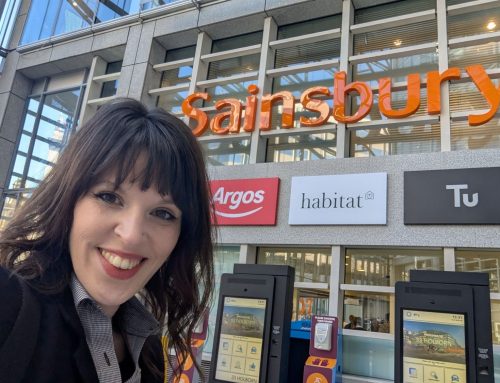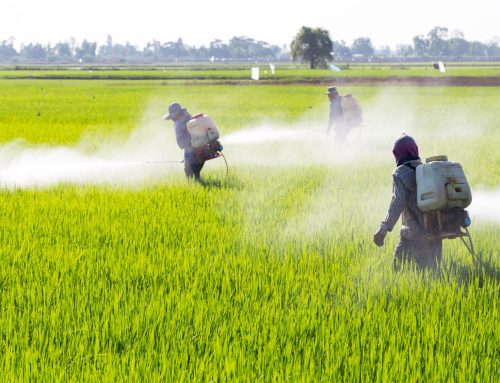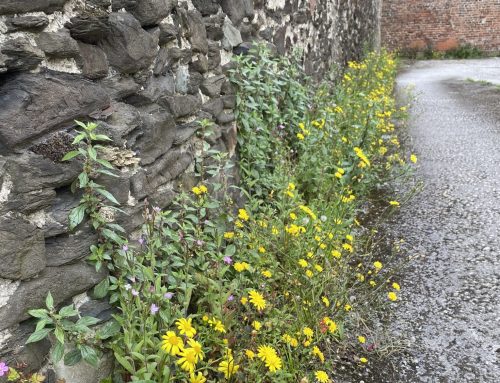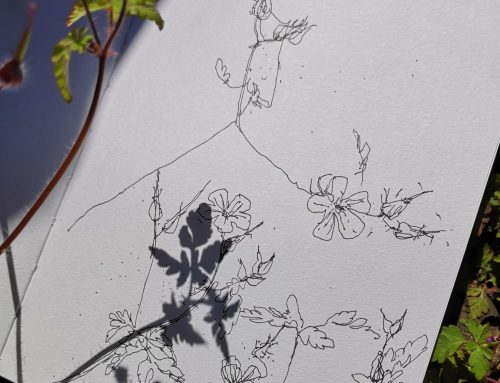The 2023 Cotton Ranking of retailers and brands reveals that just nine of the major fashion companies are doing the bare minimum to improve sustainability in the cotton sector.
Much of the cotton purchased by major companies does not even meet basic certification requirements. Of the 82 largest cotton-sourcing companies in the world, only Decathlon, H&M, Ikea, Adidas, Columbia, Marks & Spencer, C&A, Lojas Renner and Puma were found to be sourcing 99% or all of their cotton from certified sources. The remaining companies (89%) are mostly non-transparent, unsustainable and show little progress towards improving labour conditions, with 30 companies achieving a score of zero in the ranking.
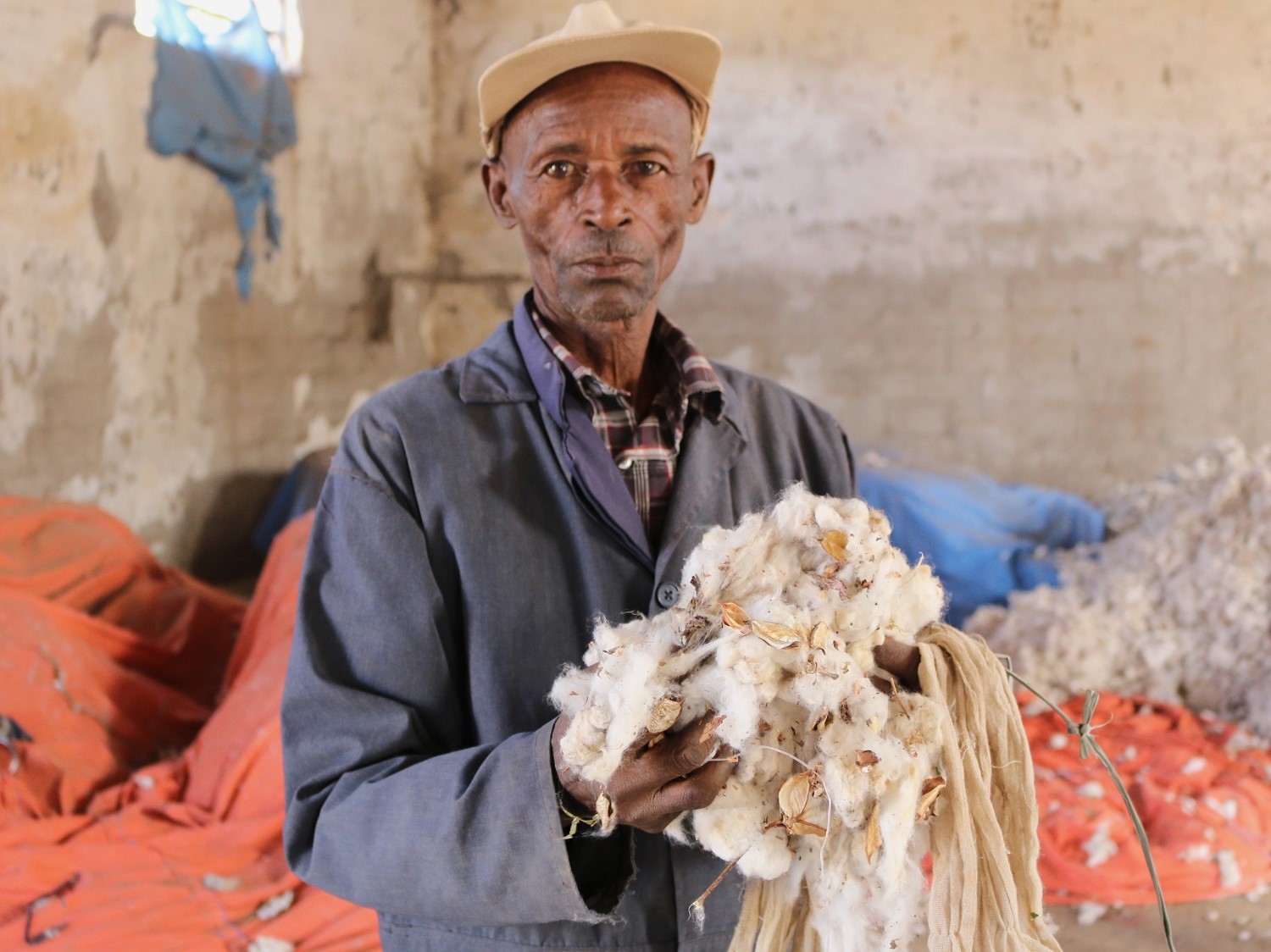 Preparing cotton in a ginnery. Credit PAN UK.
Preparing cotton in a ginnery. Credit PAN UK.
Currently smallholder cotton farmers, who make up the majority of the world’s cotton producers, live on the edge of poverty and do not receive a fair income/wage, have no access to training and no support for climate adaptation. The ranking, jointly published with Solidaridad Europe, helps to shine a light on the negative impacts of current corporate practices on cotton workers and the environment, with low margins pushing farmers to work for less money and to gamble on using hazardous agrochemicals in an effort to stay above the poverty line.
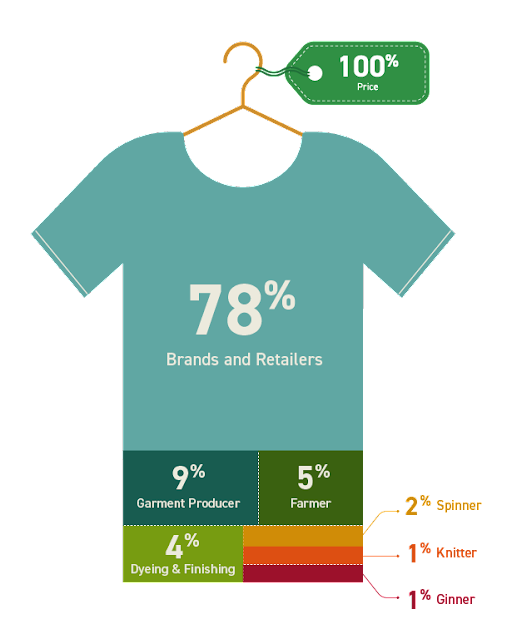
How is value along the cotton chain distributed? This graphic give an example of how much each stakeholder receives from the sale of a cotton T-shirt.
“Nearly half of smallholder cotton farmers are poisoned by pesticides every year. Zero pesticide poisoning is possible today if textile & apparel companies choose to take responsibility for their supply chains and deepen investment in supporting a transition to agroecological cotton production” says Rajan Bhopal, PAN UK.
Many brands cite complex trade realities as a barrier to progress but a new paper Cotton and Corporate Responsibility published alongside the ranking, invalidates this argument and provides clear recommendations. These recommendations include taking responsibility for their supply chains and investing in cotton producers, updating purchasing practices to ensure better pay and being more transparent on cotton sourcing.
“In reality, given the resources available to big brands, unsustainable cotton is a choice. A bad one. But it doesn’t have to be one we live with. Brands and retailers can make new decisions. They can choose to be more transparent in their operations, and about their suppliers. They can choose to take on the complex question of fair pay, rather than use it as an excuse. And they can choose to engage with all actors along their supply chain, rather than hiding behind intermediaries.” says Tamar Hoek of Solidaridad Europe.
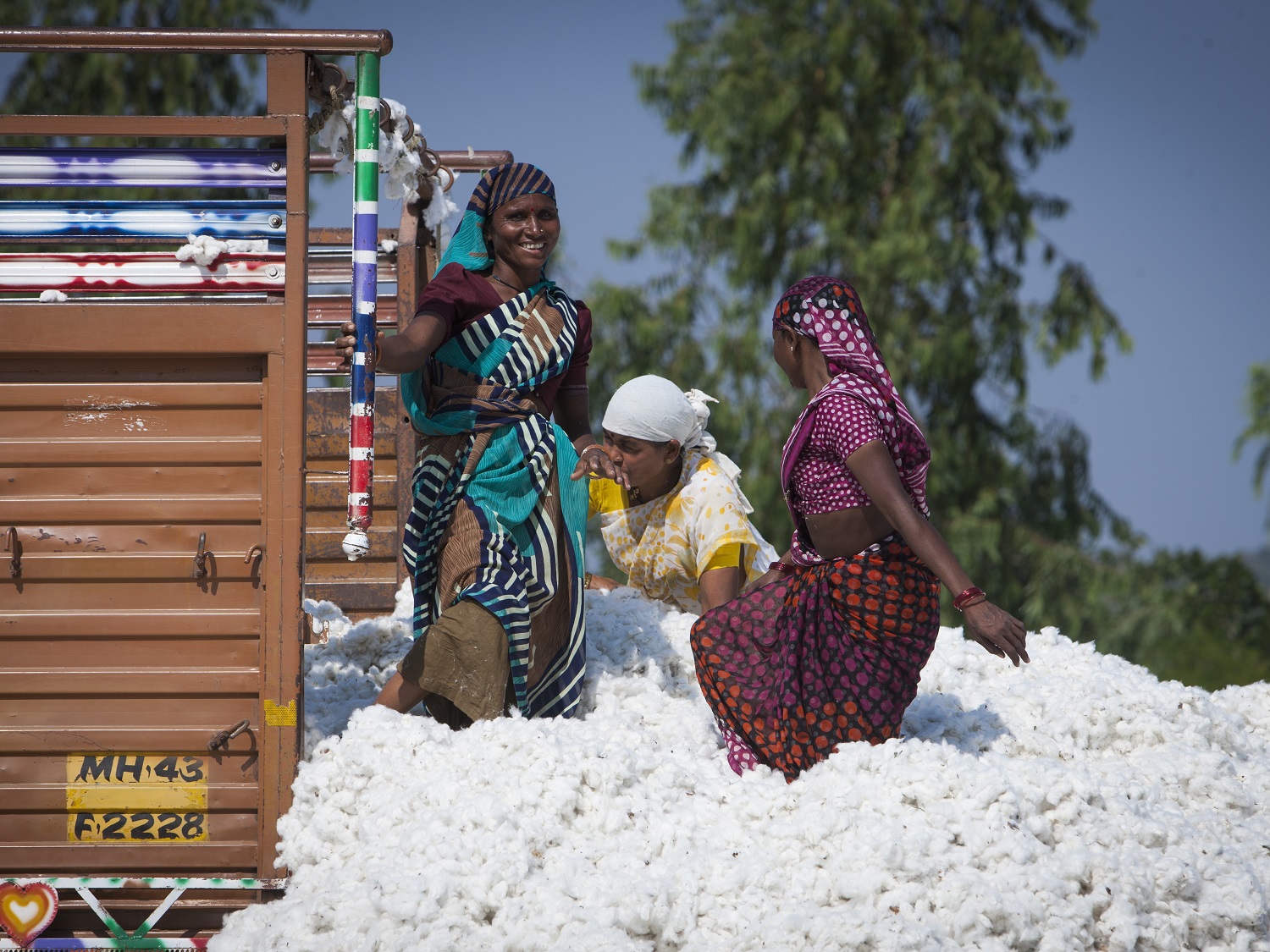
Farm workers loading cotton onto a truck. Credit Solidaridad.
Some companies might think that disengaging with cotton is the easiest choice, which would be a mistake. Cheap, plastic fibres – the main alternative to cotton – will only deprive poorer communities of income and worsen our impact on the planet. Supporting smallholder farmers to adapt to grow cotton in a sustainable way, while earning a living income, is the responsible course of action for companies.
The Sustainable Cotton Hub brings together experts from organisations working in and around the cotton sector. The aim is to expose the sustainability challenges of cotton production, and explore the host of contributing economic, labour and environmental factors. The platform will also provide recommendations on how major stakeholders can address these critical issues. Future papers will cover topics including climate change, nature and inequality, and will be published in the course of 2023.

